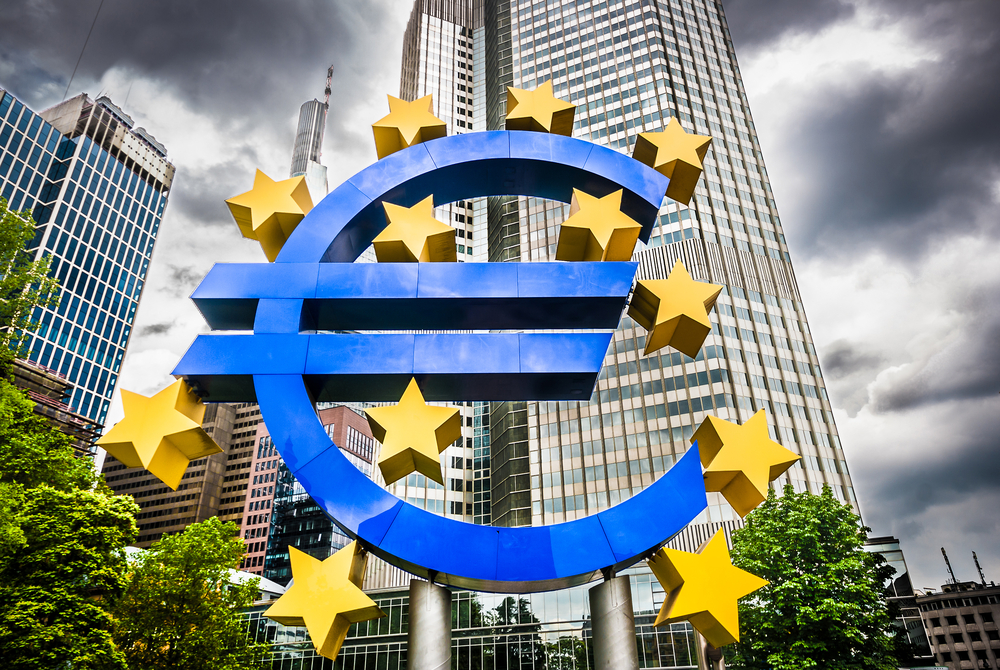The Governing Council of the European Central Bank (ECB) ruled out a rapid recovery in the European economy at the end of April and sees a possible prolonged recession. Thus, a so-called “V” recovery, which would quickly accompany the crisis caused by the new coronavirus pandemic (Covid-19), “can certainly be ruled out already”, the minutes of the last meeting say. Such a recovery would mean that there was limited economic damage.
Therefore, the understanding of the central banks that are part of the board is that if consumers do not regain confidence soon after the end of the lockdown, there is a risk that demand will remain moderate. The effects of the crisis on employment will depress demand, with the risk of a prolonged recession. The ECB said it is ready to further strengthen its tools to combat the crisis – in other words, injecting resources into the economy.
The institution expected the euro area’s gross domestic product to fall “5 to 12%” this year, as explained by Christine Lagarde, ECB’s President. This margin reflects the “great uncertainty” surrounding the economic damage caused by the pandemic. “Of the three scenarios presented, the low-impact scenario was probably too optimistic”, according to the minutes of meeting.
The macroeconomic projections (related to large-scale aspects of the economy) presented at the June 4 meeting “will be significantly lower than those presented in March” central bankers said.

European Central Bank predicts recession catapulted by most affected sectors
Instead of a “V” form, a growing number of economists are predicting a U-shaped recovery, with a valley of growth for a few months and a recovery that would take time to shape, penalized by long-affected sectors such as tourism or trade.
The central bank’s forecast confirms Transfero’s thesis that we are at the beginning of what appears to be a long cycle of global recession. The coming economic depression is expected to reduce Chinese GDP by 40% in the first quarter, something that hasn’t happened in 50 years. The U.S. labor market, in turn, records successive records in the total number of unemployed. The injection of money from central banks to contain this scenario should generate inflation in the long run, taking away the purchasing power of the currency. And digital assets come in as an instrument of protection against this scenario.







